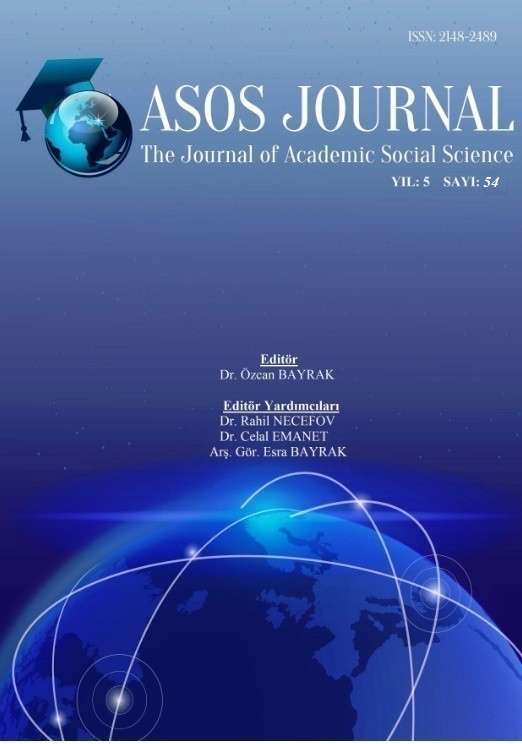FİNANSAL KRİZLER, SERBEST TİCARET ANLAŞMALARI VE EKONOMİK BÜYÜME: ÜST ORTA GELİRLİ EKONOMİLERİN ANALİZİ
Author :
Abstract
Finansal krizlerin, ticaret açıklığı ile üst orta gelirli ülkelerdeki ekonomik büyümeyi nasıl etkilediğini incelemek bu çalışmanın amacıdır. Bununla birlikte çalışma, çeşitli serbest ticaret anlaşmalarının, bu anlaşmalara ortak ülkelerdeki şokları absorbe ederek mali krizlerin etkilerini azaltmadaki rolü üzerinde durmaktadır. 42 üst orta gelirli ülke ekonomilerinin 1980-2013 dönemleri, sabit etki tahmincisi kullanılarak analiz edilmiştir. Makalenin başlıca sonuçları şöyle özetlenebilir: 1-Finansal krizler (bankacılık, para ya da borç krizi olarak tanımlanan) ve döviz krizinin tüm örnek ekonomilerde büyüme üzerinde olumsuz ve belirgin bir etkisi bulunmaktadır. 2- Serbest ticaret anlaşmaları, üst orta gelirli ülkelerdeki büyüme ile pozitif yönde ilişkilidir. 3-Finansal krizler ile serbest ticaret anlaşmaları arasındaki etkileşim, ekonomik büyüme üzerinde olumlu ancak önemsiz bir etkiye sahiptir. Diğer yandan, AB krizi, AB örneğinde olduğu gibi serbest ticaret anlaşmaları ile etkileşime girdiğinde, AB krizinin üst orta gelirli ülkelere belirgin bir olumsuz etkisi görülmektedir.
Keywords
Abstract
The aim of this work is to assess the way in which financial crises effect on economic growth in upper middle income countries, depending on their openness of trade. It further focuses on whether a variety of free trade agreements (FTAs) can help in mitigating the impacts of financial crises, by absorbing shocks in FTA partner countries. I estimate the model a fixed effects estimator for 42 upper middle income economies for the 1980-2013 periods. The main results of the paper can be summarised as follows. First, financial crises (defined as banking, currency, or debt crisis) and currency crisis have a negative and significant impact on growth in all sample economies. Second, FTA is positively correlated with growth in upper middle income countries. Third, the interaction term between financial crises and FTA has a positive but insignificant impact on economic growth. On the other hand, when I interact the EU crisis with free trade agreements as in the case of the EU, the EU crisis brings a significant negative spill over effect to upper middle income countries when a FTA is in place.





